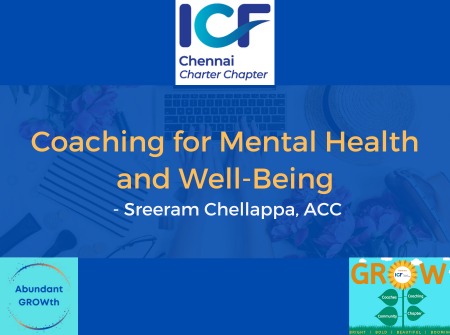The young and dynamic Abhishek had grown in the corporate ladder very quickly. He was not only intelligent but also considered as a domain expert in his organisation. He was eyeing to get on to a C-suite position in his organization. However, for the past five years he had not progressed ahead in his career.
Upset about it, he decided to speak to his CEO and the HR Head on his further growth and promotion.
Both of them shared similar views on Abhishek. They acknowledged his domain knowledge and that he was hard working. However, both of them said he lacked the X factor needed to become a C-suite leader.
What was the X Factor they were referring to, wondered Abhishek.
He was told the X Factor they meant was the way he carried himself, the way he spoke, the way he dressed, the way he behaved etc. In short he was told that he lacked Leadership Presence.
Abhishek was disappointed to note his shortcomings. However, as his CEO was an empathetic leader, decided that Abhishek will work with a leadership Coach to improve his leadership presence.
The coach enlightened Abhishek about these aspects.
What is leadership presence?
It is the personality, character & traits of a leader that others trust, respect & value because of the commitment, confidence & charisma exhibited.
What makes it important to have a good leadership presence?
When a person has a good Leadership presence, they command respect, trust and have the ability to get things done faster. This leads to higher productivity, better employee morale, being a people magnet, establishes rapport, thereby leading to lower attrition. Thus it aids career growth and progression.
What are the pillars of leadership presence?
- How your character is – No one would like to deal with a person who is snobbish, arrogant or aggressive. One who exhibits politeness, kindness and care is preferred and respected better. Having humility enables better leadership presence.
- How you show up – This refers to both the physical appearance as well as being prompt for meeting, having a tidy work place, exhibiting listening skills etc. This aspect highlights the visual impact of leadership presence.
- How is your body language – A person who is slouching or keeps hand on the head, lacking eye contact during conversations, does not give a firm hand shake or tapping of the feet etc. represents a poor body language. In comparison a person whose body language reflects confidence is said to have better leadership presence.
- How you communicate – Rude, curt, impolite, usage of foul language, etc. diminishes the leadership presence quotient. In contrast someone who uses pleasant words, is appreciative and tactful while speaking will have a better leadership presence.
- How is your expertise – The higher the level of domain expertise a person exhibits, the higher their authority. Having authority and being considered as a subject matter expert enhances the leadership presence manifold. However, one must be careful not to overly flaunt their expertise as the person may be construed as a show off. At the same time, by not speaking about their domain knowledge, is not the right thing to do. One must know how to strike a fine balance between the two in order to build their leadership presence.
What needs to be avoided?
By working with the Coach, Abhishek became aware of his blind spots. He began to understand why his CEO felt he lacked leadership presence. His awareness levels about his behaviour enhanced and he realised the following about himself.
- He was a poor listener would get easily distracted when someone was speaking with him.
- He never cared about the way he looked especially with uncombed hair or unshaven look. He was not well groomed.
- During team meetings he came late, took the limelight, never gave others an opportunity to speak, made sexist remarks, cracked insensitive jokes and appeared restless.
- He seldom smiled or greeted his co-workers, leave alone helping them when required.
- He lacked the ability to get things done because of his poor rapport with colleagues.
With heightened awareness now and the importance of leadership presence, Abhishek has started to work on improving his leadership presence. Abhishek is grateful to his CEO for enabling him to work with a Leadership Coach and become a better leader. He is waiting to make his dream come true of being a C-suite leader in his organisation shortly.
You can connect with Sangeeta Shankaran Sumesh Click Here



